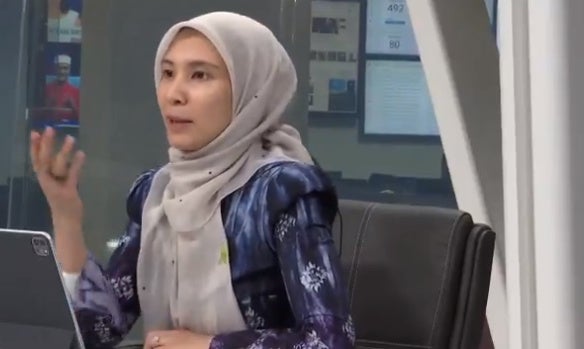The World Bank’s Malaysia Economic Monitor once reported that there is a clear issue with income growth among lower-income households and younger workers here.
It was reported that income growth rates for low-income Malaysians slowed between 2014 and 2016.
Unfortunately, that issue remains true to this day, as political leaders from different parties raised the need for a disparity tax to close wage gaps.
Talking on Astro Awani’s Dialog Tiga Penjuru: Dilema Graduan – Ilmu Tinggi, Tiada Kerja (The Graduate Dilemma – Outstanding Qualifications, Zero Jobs), PKR’s Nurul Izzah Anwar mooted the idea of a disparity tax, which was agreed upon by UMNO’s Shahril Sufian Hamdan.
Nurul Izzah said, “Bernie Sanders introduced a Disparity Tax, we might not take all of it, but some outlines introduced makes sense.”
“Investors need not be fearful should the disparity tax be introduced. It is illogical to see the top 10% of a particular company receiving over 50x more salaries compared to the lower-income workers.”

“If there is a lesser gap, it is acceptable.”
Shahril adds that Malaysia will continue to lose out if this trend continues.
“We simply cannot rely on companies making big profits just so the lower-income workers can enjoy a piece of the pie.”
“We have to be confident in the capabilities of our workforce. We simply cannot continue the trend of sharing a small profit with the lower-income workers and whereby bigger players line their pocket with the massive leftovers.”

Both of the panellists agreed that the move to lessen the wage gap should start with GLCs.
A disparity tax means that the gap between the index for before-tax and after-tax incomes measures how many taxes reduce inequality.
The bigger the difference, the more taxes equalize income.
What are your thoughts on the matter? Share it with us in the comments section!
Also read: First-Time Tax Payer? Here’s What You Need To Know About Malaysia’s Tax Relief 2021











































